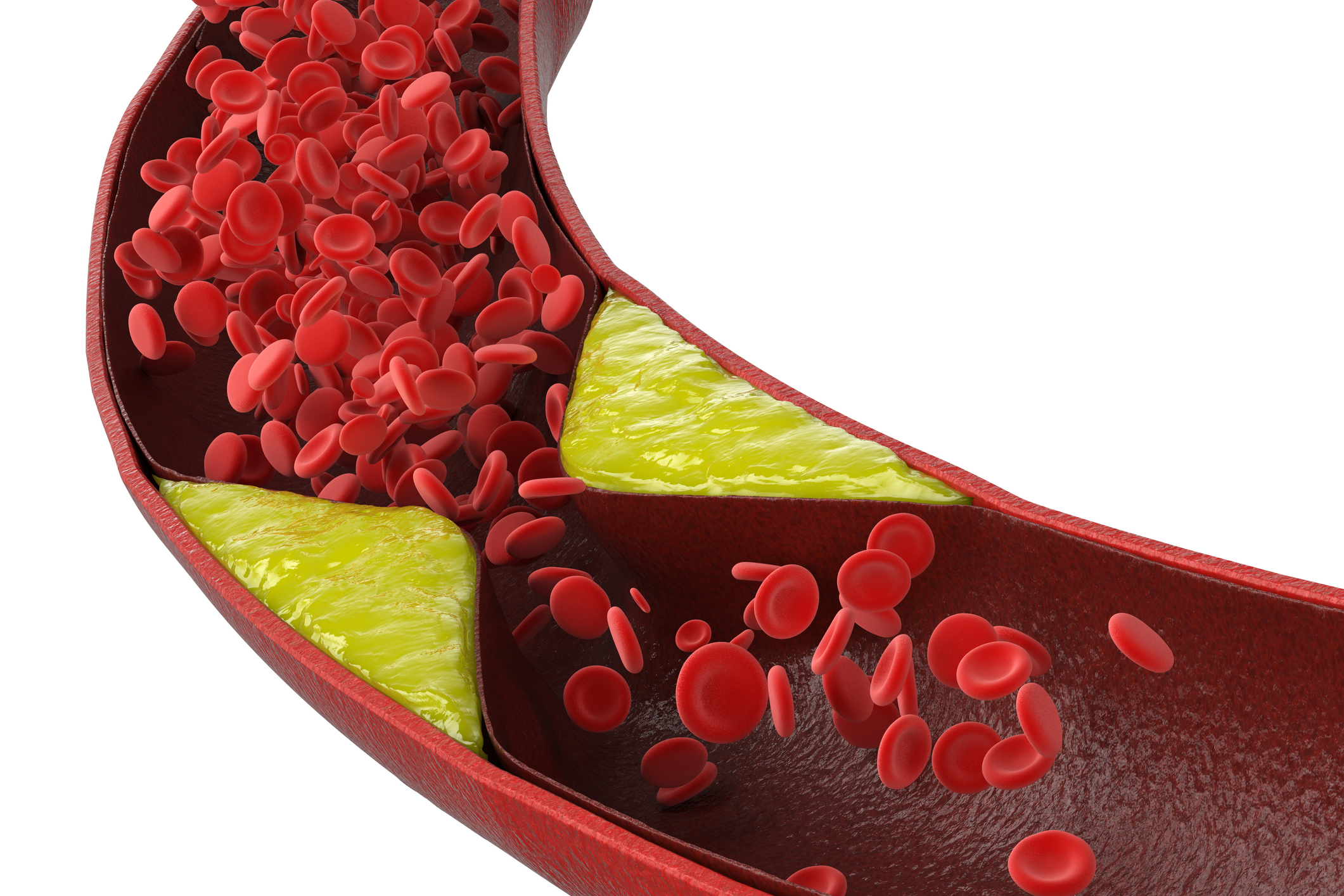
Oxidized cholesterol refers to cholesterol molecules that have undergone chemical reactions with oxygen, resulting in a modified structure. This process occurs when cholesterol molecules are exposed to oxygen and reactive oxygen species (ROS) in the body. Several factors can contribute to the oxidation of cholesterol, including:
- Oxidative stress: Oxidative stress arises when there is an imbalance between the production of reactive oxygen species (ROS) and the body’s antioxidant defenses. ROS, such as superoxide radicals and hydrogen peroxide, can oxidize cholesterol. Oxidative stress can be caused by various factors, including smoking, pollution, excessive alcohol consumption, a poor diet, certain medications, and chronic diseases.
- Diet: Consuming a diet rich in oxidized fats or foods containing high levels of pro-oxidants can contribute to the oxidation of cholesterol. For example, when fats and oils are exposed to high heat during cooking processes like frying or deep-frying, they can become oxidized. Oxidized fats, when consumed, can lead to the oxidation of cholesterol in the body.
- Inflammation: Chronic inflammation in the body can increase the production of ROS, leading to the oxidation of cholesterol. Inflammatory processes can be triggered by various factors, such as infections, autoimmune disorders, obesity, and unhealthy lifestyle habits.
- Smoking: Cigarette smoke contains numerous chemicals and free radicals that can promote oxidative stress and the oxidation of cholesterol. Smoking damages the lining of blood vessels, increases inflammation, and contributes to the development of oxidized cholesterol.
- Aging: As we age, our bodies may become less efficient at repairing oxidative damage, leading to increased susceptibility to cholesterol oxidation. The accumulation of oxidative stress over time can contribute to the oxidation of cholesterol.
The oxidation of cholesterol is considered harmful because it can lead to the formation of oxidized low-density lipoprotein (LDL) particles. Oxidized LDL is more likely to contribute to the development of atherosclerosis, a condition characterized by the buildup of plaque in the arteries. Atherosclerosis is a major risk factor for cardiovascular diseases like heart attacks and strokes. Maintaining a healthy lifestyle, including a balanced diet, regular exercise, and avoiding smoking, can help reduce the risk of cholesterol oxidation and its associated health complications.
See More on Video

The Oxidized Cholesterol Strategy™ By Scott Davis This program will tell you step by step instructions on what you need to completely clean plaque buildup in your arteries so as to drop your cholesterol to healthy level.